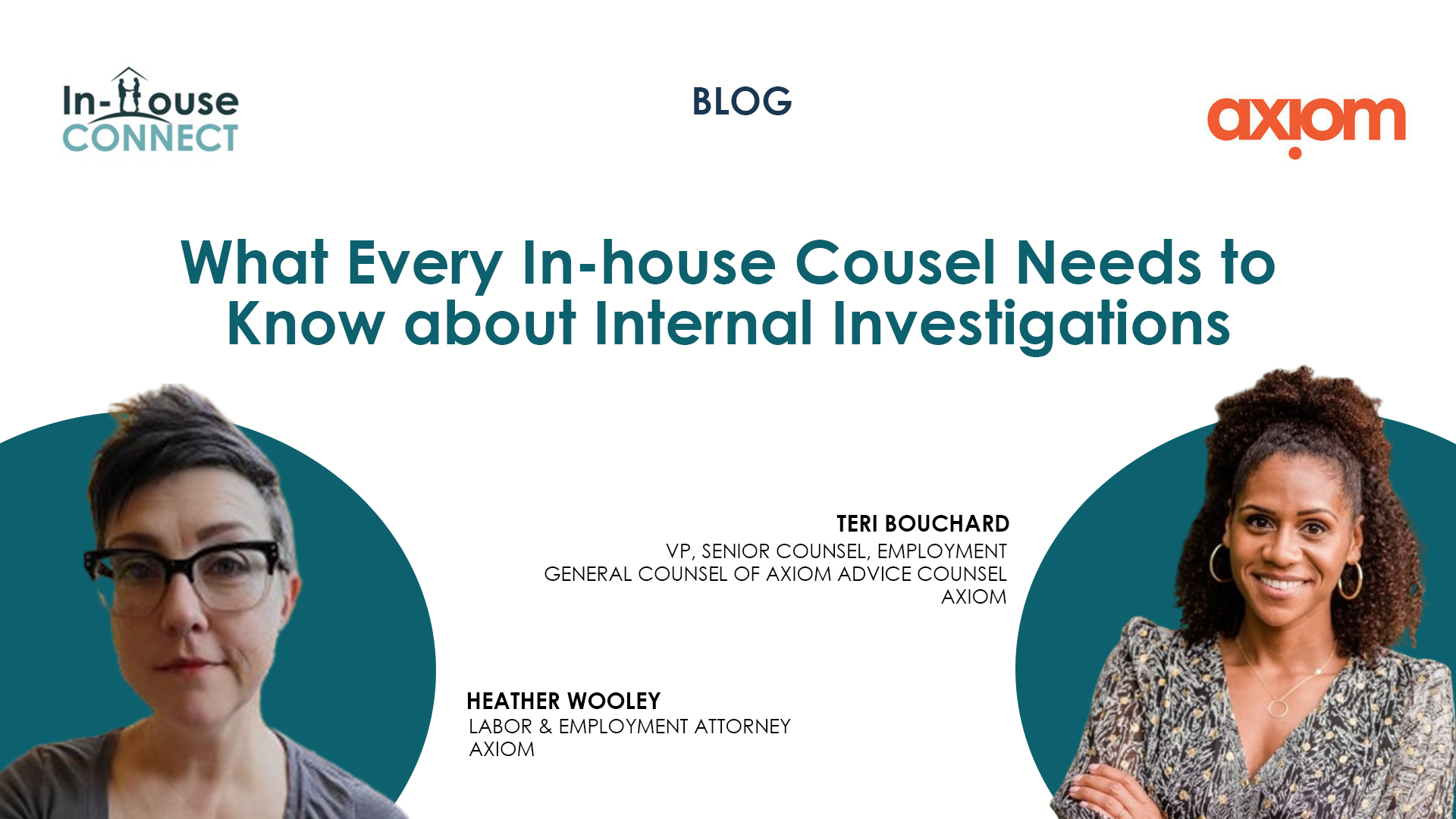For in-house legal professionals, understanding the company’s reporting structure and titles is crucial. The decision of whether a General Counsel (GC) should report to the CEO, CFO, or another executive depends on several factors, each carrying unique benefits and considerations. In this blog, we explore the importance of selecting the right reporting structure and titles for GCs, the significance of job titles and the corporate secretary role, and how different perspectives on risk can shape these decisions.
Reporting Structure and Titles: The Direct Line to the CEO
A common preference among legal executives is for the GC to report directly to the CEO. This reporting structure and title configuration underscores the strategic importance of the legal function and ensures that legal concerns are integrated into the broader business strategy. Having a direct line to the CEO aligns the legal team’s priorities with the company’s highest executive level, fostering a unified approach to leadership.
The Significance of Job Titles and the Corporate Secretary Role
Job titles within the legal department play a critical role in defining the scope and authority of the GC. Titles such as Head of Legal, General Counsel, and Chief Legal Officer (CLO) come with different expectations and should align with the company’s needs and strategic goals. Additionally, the corporate secretary role often enhances the reporting structure and titles by providing closer involvement with the board and deeper engagement in governance matters.
How Different Perspectives on Risk Influence Reporting Structure and Titles
Choosing the appropriate reporting structure and titles is also influenced by how different executives perceive risk. CEOs may prioritize strategic and operational risks, while CFOs often focus on financial and compliance risks. Understanding these diverse perspectives helps in-house legal teams align their efforts with the company’s overall risk management framework, ensuring that the chosen reporting structure and titles support effective decision-making.
Political Power Dynamics Through Reporting Structure and Titles
Political dynamics are an inevitable part of corporate life, and understanding them is essential for GCs when considering their reporting structure and titles. Navigating these dynamics effectively can enhance a GC’s visibility and influence within the company. A well-thought-out reporting structure and titles can strategically position GCs to maximize their impact, ensuring they play a pivotal role in the company’s success.
Understanding the importance of reporting structure and titles is key to fostering effective, strategic legal leadership and supporting overall organizational success.
Read our latest blog “Top 5 Key Takeaways from the Webinar: Who Should the GC Report To? Navigating the Pros and Cons of Reporting to the CEO, CFO, and Other Executives” to learn more about our latest webinar.
Missed The Webinar? You can watch it now via IHC On-Demand!







